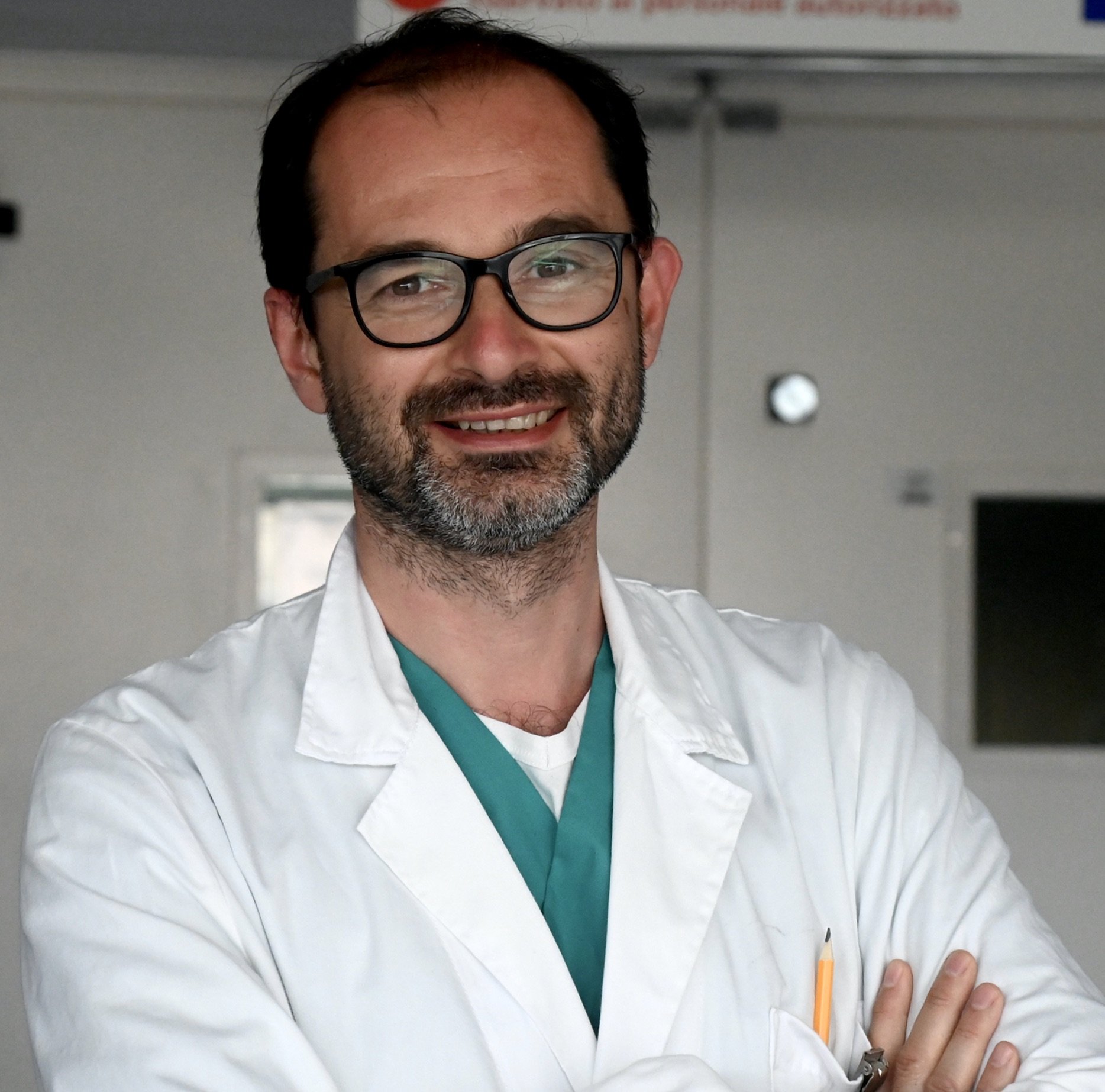Newsletter Editorial - June 2023
BRAVEST project: Building the roadmap towards equitable healthcare in Europe
Access to healthcare for all is essential for an equitable society, yet the COVID-19 pandemic uncovered striking social inequities and amplified the frailty of healthcare systems across Europe. The pandemic underscored the need to build resilient healthcare systems and improve crisis preparedness, for events such as wars, the climate crisis, and ecological breakdowns.
Solid organ transplantation programmes represent a proxy for the quality, efficiency and delivery of healthcare organisations. It involves a complex interaction among a wide variety of stakeholders, including national competent authorities, several medical and surgical specialities, donors, families, and patients with end-stage organ dysfunction. The COVID-19 pandemic was a significant stress test for national transplant programmes, leading to a significant reduction or even cessation of transplant activities. Of note, the decrease in transplant activities in Europe has been proportional to the number of COVID-19 deaths, and this situation led to additional excess of death in patients on waiting lists. [1]
We therefore designed the BRAVEST project, to improve resilience and preparedness of transplant networks and clinical programmes. We will do this by analysing the factors that influenced organ procurement processes before, during and after the onset of the COVID-19 pandemic. We focus on collecting data about the specific clinical features of the donors, outcomes of the allocation procedures, and operational protocols and practices put in place to ensure the safety and continuity of the supply of organ donation. This wide array of data will be analysed by machine learning techniques. By identifying the most effective clinical practice, we can propose sustainable innovative actions that may ensure the continuity of a safe supply of organs. Such resilience is meant to reinforce transplant organizations under stressful conditions and increase the accessibility to transplantation for all patients with end-stage organ disease.
The BRAVEST enterprise has been driven by ESOT’s political mission, to eliminate inequalities in organ transplantation across Europe. Thanks to the support of the BRAVEST consortium, we can define a roadmap towards an improved equality, accessibility and sustainability of transplantation: and therefore, of the overall quality of European healthcare systems.
References:

